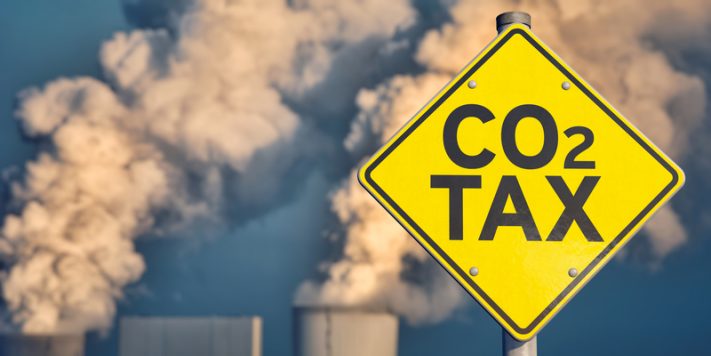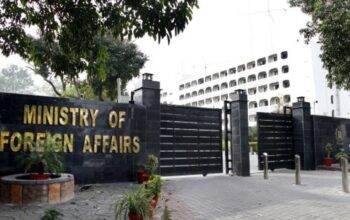By Staff Reporter
ISLAMABAD: The Senate finance committee on Thursday axed a proposed Rs2.5-per-litre carbon levy on petroleum products, a measure embedded in the Finance Bill 2025-26, putting at risk the revenue goal of Rs45 billion tied to a $1.4 billion International Monetary Fund (IMF) program.
The decision, passed with a majority vote, deals a blow to the government’s commitments under IMF’s Resilience and Sustainability Financing (RSF) program. mandating carbon pricing.
The government had agreed to impose a carbon levy of Rs5 per litre on petrol, diesel, and furnace oil, with the rollout phased over two years. The Finance Bill 2025-26, presented earlier this month, proposed starting with Rs2.5 per litre from July 1, 2025, as a first step.
Current petroleum levies stand at Rs77 per litre on high-speed diesel (HSD) and Rs78.02 per litre on petrol, with the government planning to cap them at Rs90 per litre. Furnace oil, though phased out from public power plants, remains in use by Independent Power Producers (IPPs). The carbon charge was set to extend to furnace oil used by private power producers.
The Federal Board of Revenue (FBR) chairman told the panel that revenue could climb to Rs90 billion in 2026-27 as the levy increased to Rs5 per litre. The measure was designed to amend the Ordinance of 1961, applying both carbon and petroleum levies to furnace oil alongside petrol and diesel.
Led by Senator Saleem Mandviwalla, the committee shot down the proposal, arguing it belonged in a standalone carbon tax, not the finance bill.
Committee members argued that a carbon levy cannot be implemented through the finance bill, asserting that it should instead be introduced as a carbon tax via separate legislation.
They also criticised the Petroleum Division for proposing the Rs2.5 levy without a sustainable “Emission Reduction” plan, questioning its environmental justification.
“There is no place in the world where carbon levy been imposed but carbon tax used to be enforced,” Senator Sherry Rehman, a vocal opponent, said, noting that carbon taxes typically target specific industries with clear objectives.
“You are imposing all types of levies and that also directly over the public users,” Rehman added, stressing that such a policy requires an act of law, not a budgetary workaround.
Senator Mohsin Aziz bolstered the opposition, pointing to a Supreme Court ruling in the Zafar Iqbal Jhagra case that restrains the imposition of a carbon levy. “It will be contempt of the court if carbon levy is imposed,” he warned.
After heated debate, the committee voted down the proposal, rejecting the carbon levy with a majority decision.
Copyright © 2021 Independent Pakistan | All rights reserved




